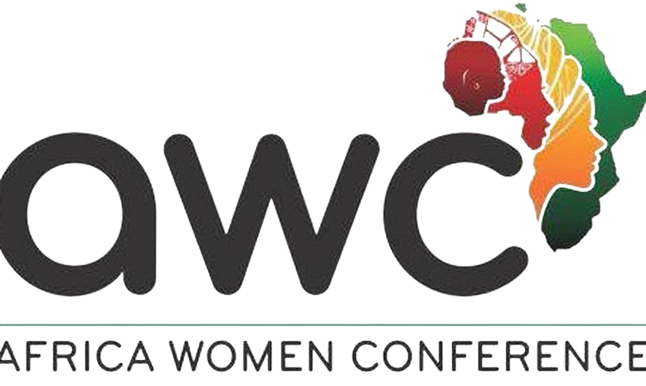
The empowerment and inclusion of women in decision-making capacity and leadership roles is a critical aspect of building stronger and more sustainable societies. In Africa, women have historically faced numerous challenges in accessing leadership positions and decision-making roles. However recognizing the immense potential that women bring to the table and the trans-formative impact of their participation is a reminder to enhance their capacity and safeguard opportunities for women’s leadership in Africa.
From time immemorial, women have been instrumental in driving transformative change and development in communities across Africa. However gender disparities in leadership positions persist thereby limiting the actualization of women’s full potential. Ensuring that more African women are empowered and given the opportunity to take on leadership and decision-making role is not only an issue of social justice or women’s rights, it is a requisite for sustainable progress of the African economy.
African women posses unique perspectives and insights that are invaluable in addressing the diverse challenges faced by their communities. Their leadership is characterized by empathy, resilience and a deep commitment to social cohesion. This inadvertently leads to an improvement in governance performance and improved development outcomes.
Rwanda stands as a shining example of promoting women’s leadership. In 2003, the country implemented a gender quota law, reserving 30 percent of parliamentary seats for women. This progressive measure led to an unprecedented levels of female representation, with over 60 percent of parliamentary seats in Rwanda currently been occupied by women. This has translated to policies that have improved women’s rights, education, healthcare, social justice and an impressive economic growth.
The African Women Leadership Fund launched by the African Development Bank in 2018 is a groundbreaking initiative aimed at addressing the financial constraints that hinder women’s participation in leadership. The fund is designed to provide financial support to women-owned businesses and projects empowering women entrepreneurs to thrive across various sectors. This sort of funding initiative must be encouraged and even extended to provide funds for women who intend to run for political offices, and must be made available to women across all social strata.
Some other initiatives like the South Africa’s Corporate Board Diversity Initiative, and the recently launched AWC Leadership Development Centre for Women and Girls (AWCLDCWG) are being convened across the continent. However, more needs to be done to ensure the right amount of resources are channeled towards these projects so they can live up to their aims and objectives.
In conclusion, the empowerment of African women to take on leadership roles is crucial for the continent’s progress and development. By developing capacity and safeguarding opportunities for women, we can unlock the untapped potential and creativity innate in women. Governments, corporations and communities must invest more resources into women’s education, training, and mentorship, while also ensuring that gender-sensitive policies are formed and implemented. As more women ascend leadership roles, Africa will undoubtedly begin to witness a brighter, more inclusive and prosperous future for all.
